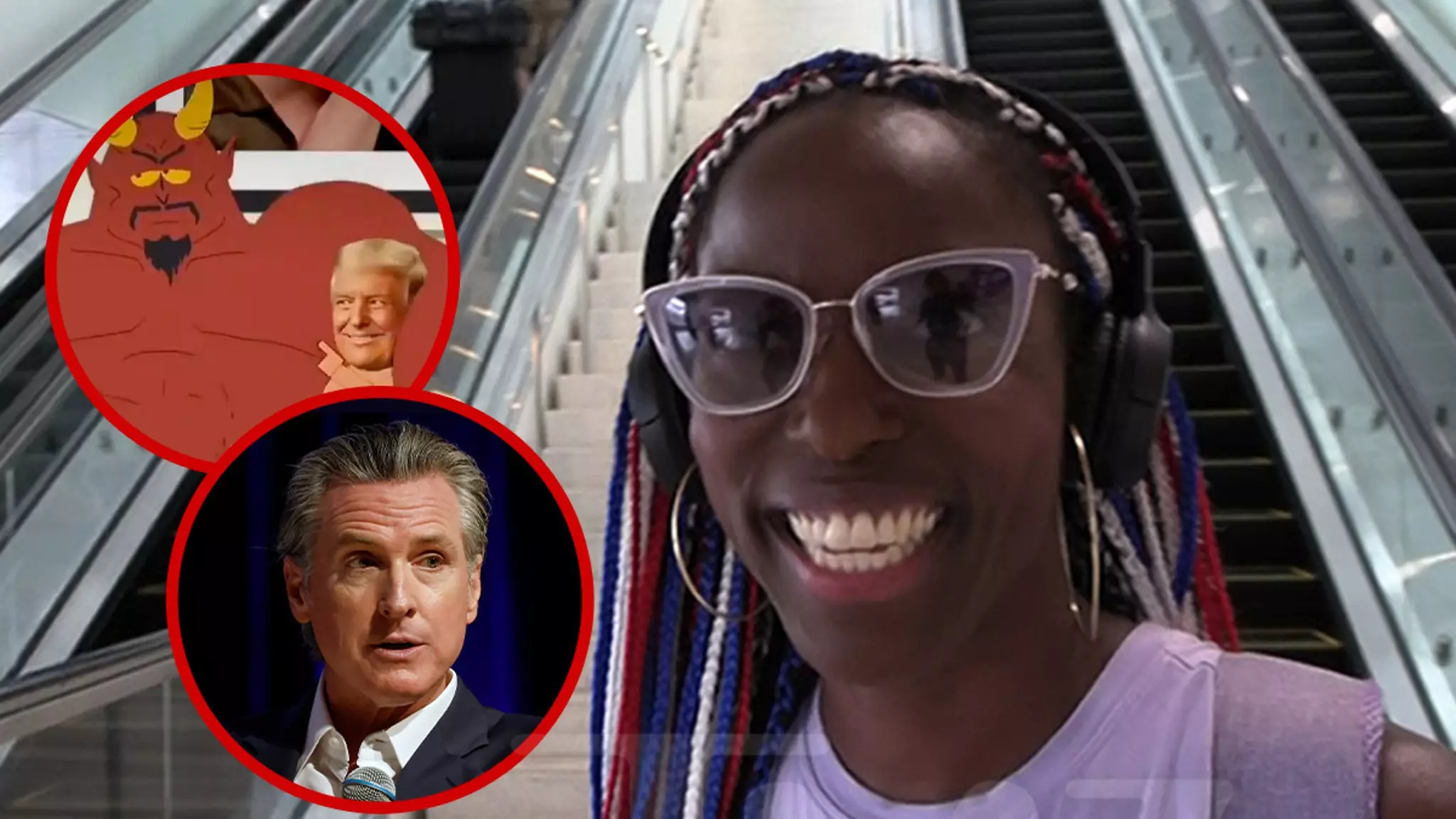In the age of polarized politics, satirical programs like “South Park” serve as unrelenting mirrors held up to society’s face. They force audiences to confront uncomfortable truths wrapped in humor, which can be both provocative and enlightening. Janeshia Adams-Ginyard’s appreciation for the show’s egalitarian offend-and-satirize approach underscores an important reality: satire does not discriminate—it targets everyone, regardless of political allegiance. This equal-opportunity mockery plays a vital role in encouraging citizens to question authority and reflect on societal flaws, rather than blindly adhering to partisan narratives.
The Complexity of Satire and Political Loyalty
Despite her personal support for Donald Trump, Adams-Ginyard embraces “South Park’s” willingness to poke fun at him and his administration. Her perspective highlights an essential truth: the effectiveness of satire lies in its capacity to transcend political boundaries. When a show targets both the left and right equally, it cultivates a more honest dialogue by stripping away the sanctity often granted to political figures. The fact that Adams-Ginyard appreciates this approach, while still supporting the president, signals a nuanced understanding of humor’s power—not to divide further but to foster critical thinking.
Humor as a Reflection of Cultural Tensions
Adams-Ginyard’s praise for “South Park” also reveals her recognition of satire’s significance in illuminating societal issues. By skewering topics like political correctness and wokeness, the show encourages viewers to examine uncomfortable realities. Her playful recommendation of Gavin Newsom as a potential target further illustrates how satire can serve as a creative outlet for social commentary. It indicates that humor can entertain, inform, and even subtly influence public discourse, provided it remains rooted in honesty and boldness.
The Divide Between Humor Enthusiasts and Critics
The actress’s comments shed light on a broader cultural divide: many conservatives enjoy the lighthearted offense, viewing satire as an essential part of free speech, while some on the left may find certain jokes overly insensitive. Adams-Ginyard’s suggestion that liberals are less tolerant of jokes speaks to this tension. Ultimately, her stance emphasizes that comedy’s strength lies in its playful irreverence—an essential ingredient for a healthy democracy—yet one that remains increasingly contentious in a climate of heightened sensitivity.
Celebrity Opinions and Cultural Impact
Finally, Adams-Ginyard’s take on the potential cancellation of popular late-night figures like Stephen Colbert underscores her belief that comedy is a vital cultural force. She seems to suggest that when influential comedians are silenced, society loses an important medium for critique and reflection. Her candid assertions remind us that comedy isn’t just entertainment—it’s a form of resistance, a barometer of societal health, and a catalyst for conversations that many prefer to ignore. In a time when political correctness often stifles free expression, satire like “South Park” boldly claims its space, making it impossible to ignore the issues that shape the nation’s conscience.

